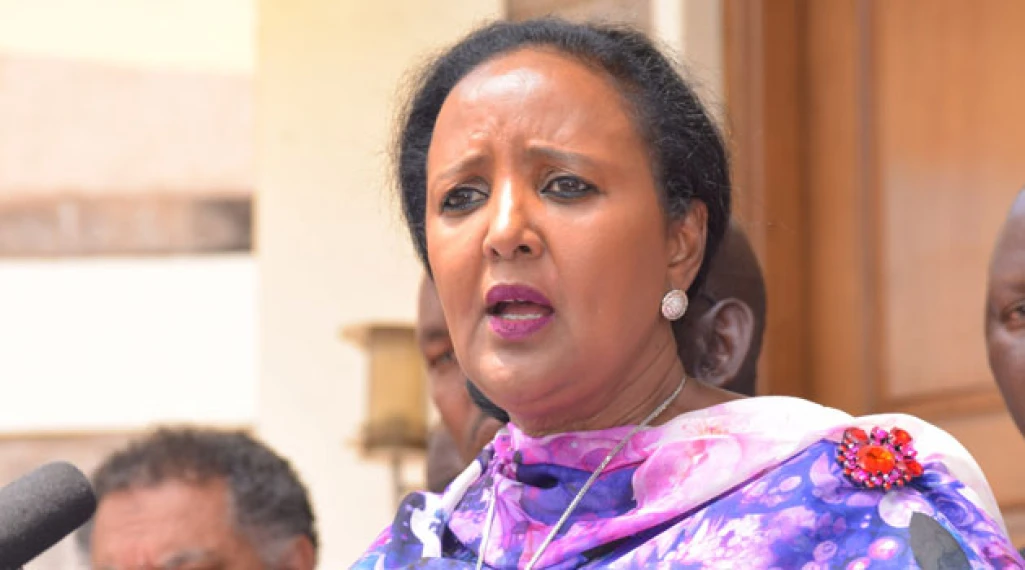A good number of our learning institutions are held by bullies through which we find toxic leadership, which is very harmful to the mental well-being of teachers, essential staff and even learners.
Teachers and workers who mutter under the strong arm of these bullies do grumble. Still, they are perfectly masked by two or more distinct faces, one for the toxic leader and the other for their family, to foster harmonious coexistence.
They impose and force their way through even when they shouldn’t, and they could even be a big disaster to their families back home and everywhere they appear, even in churches.
A toxic leader is also not empathetic, has few friends, and thirsts for even more power to control others. They delve into trivialities and ensure that all decisions, even if they are absent, are made by them and not by others.
They feel empowered by the number of threats they make. They cause a lot of conflict and instil fear in their staff members, ensuring that they feel hurt, making the lives of the teachers increasingly hard in school.
READ ALSO:
Coast region receives 1,427 new Science teachers in 2025, says TSC director
Such leaders use power and control others because they derive great pleasure from it. Most of them have very low self-esteem.
They will stop at nothing to intrude on people’s private lives. They also curtail members’ success and spread rumours about them to undermine them.
Toxic leadership is rife in our education circles. It generally creates a hostile working environment, erodes trust, and creates suspicion and uncertainty among staff members.
A leadership style characterised by authoritarianism, micro-management, poor communication, lack of empathy, favouritism, and failure to support staff members fully has no place in society today.
Staff mistreatment is not just a new vocabulary word in our learning institutions. It’s generally characterised by different forms of deception, including lying, explosive behaviour, unwarranted reprimands, and even partial evaluation of staff members.
Staff members question why bad principals should be allowed to continue working and mistreating seasoned educators. Teachers wonder why no one takes appropriate action against such behaviour. In most cases, they yearn to see them transferred elsewhere.
Other forms of abusive leadership include verbal aggression, derogatory remarks and unfair treatment.
In all instances, deputies should be second in command of a particular station, but they find themselves sidelined, disrespected, and even marginalised by the toxic headmasters.
A notable number of toxic headteachers have been seen by passing their deputies, preferring to work with ordinary teachers who may not have been designated with administrative roles because they are the big man’s tail waggers.
By just face value, it may not be easy to observe this. The Teachers Service Commission (TSC) officers and the Ministry of Education (MoE) officials have realised this and have been going the extra mile by privately interrogating teachers about the headteacher’s conduct.
Verbal aggression, shouting at teachers uncontrollably, has also been observed in several learning institutions.
It’s our collective role to identify these toxic leaders who may be doing it consciously or unconsciously, not knowing the agony and other adverse effects that members of staff go through silently.






